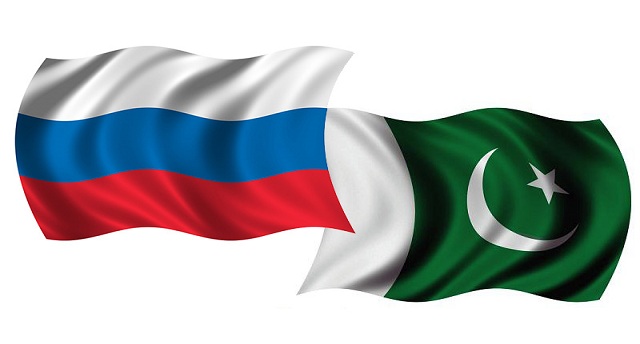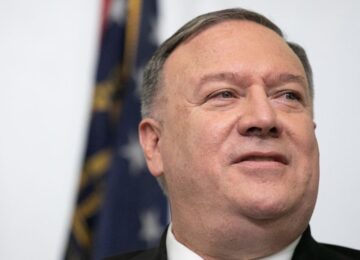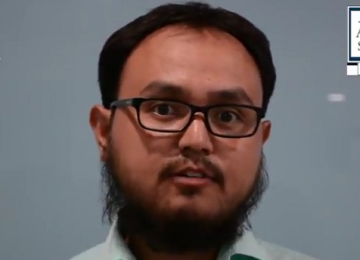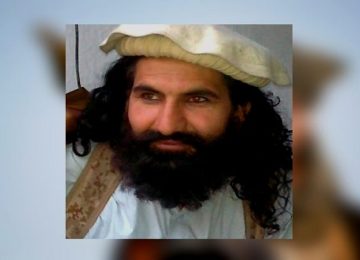April 23, 2019
The ‘Valdai Discussion Club’ in Russia recently hosted a panel discussion on the Prospects of Russia-Pakistan Relations on 18th April. The participation of prominent experts from the two countries was a positive development towards fruitful Pak-Russia bilateral ties in the backdrop of China’s Belt and Road Initiative (BRI), the China Pakistan Economic Corridor (CPEC) and the framework of Greater Eurasia.
The discussion, and invitation to Pakistani intelligentsia, was one of the many steps recently taken towards breaking the ice between the two former-Cold War foes.
The growing understanding between Russia and Pakistan comes on the back of changing geopolitics and the US withdrawal from Afghanistan. Additionally, PM Imran Khan’s visit to Iran is another development that holds great promise for regional stability, and particularly for peace in war-torn Afghanistan. It is believed that an alliance between key regional stakeholders, including China, Russian, Pakistan, Iran and Turkey holds the key for fruitful peace talks and long term peace in Afghanistan.
Cooperation between Moscow and Islamabad received a boost after Pakistan formally joined the Shanghai Cooperation Organisation (SCO) in 2017. This warming of relations between Russia and Pakistan is indicative of regional rebalancing of relationships and shifting alliance. Russia and Pakistan are eager to establish strategic understanding on various major issues, including counter-terrorism and containing the threat of IS/Daesh emanating from Afghanistan.
Pakistan, on the other hand, also recently appreciated Russia’s objective role in defusing tensions with India that grew in the aftermath of Pulwama attacks and Indian intrusion in Pakistani airspace.
Ironically, Afghanistan – which is now the major area of understanding between the two countries – was once the major source of discord between the two. Fast forward three decades and both Islamabad and Moscow are now working together to facilitate peace talks between Afghan stakeholders and the Taliban for lasting peace in Afghanistan.
The ongoing situation of terrorism in Afghanistan, with the rise of ISIS, has created dilemmas not only for Russia and Pakistan, but also for many other regional stakeholders. Hence, terrorism becomes a common denominator between Russia and Pakistan as both the countries fear that an “out of control ISIS” could affect the security situation in both the countries.
Pakistan has particularly faced multiple social and economic challenges for almost two decades now, which are highlighted by influx of refugees from Afghanistan, instability on the Afghan border and illegal supply of weapons and drugs. The stabilisation of Afghanistan, therefore, is in the interest of both Pakistan and Russia.
However, it is not only Russia and Pakistan who could play a constructive role towards peace in Afghanistan. Iran has also had a significant influence over the Northern Alliance, in the past, in Afghanistan. For any peace deal to succeed in the country, both the Taliban and the North Alliance have to reach a broader understanding on the future of the country. Hence, Iran’s role in the overall peace equation cannot be undermined.
With regional stakeholders and partners on the same page, Pakistani leadership, both civil and military, is also demonstrating strong resolve to go against banned groups and non-state actors that could jeopardize regional and domestic peace. These organisations have, in the past, not only challenged the state institutions but have also created foreign policy challenges for Pakistan.
The state narrative and policy direction is Islamabad is clear; all miscreant groups, irrespective of their background, need to be crushed and no-go areas shall be cleared. Moreover, there is also consensus that seminaries and welfare arms of banned organisations that also hurt Pakistan’s interests shall also be monitored.
These developments, coming at the most opportune time, shall hopefully lead to lasting peace and strategic regional understanding.
The author, Major Gen. Ijaz Hussain Awan, is a retired military officer and a security and defence analyst.








